Water scarcity is one of the most pressing challenges facing Egypt, and the country relies heavily on the Nile River for its survival. With rapid population growth, urbanization, and the increasing impacts of climate change, ensuring sustainable water resources has become a critical issue. Egypt is among the most water-scarce countries in the world, with an annual per capita water share of around 560 cubic meters, well below the international water poverty threshold of 1,000 cubic meters. The country relies on the Nile for more than 90% of its water needs, but upstream developments and climate-induced changes in river flows are exacerbating water stress (ESCWA, 2023). These issues are exacerbated by inefficient irrigation systems, high water waste, and growing urban demand. Rising sea levels also threaten the Nile Delta, a critical agricultural and economic region. Saltwater intrusion due to climate change is estimated to render large parts of the delta unusable for agriculture, further straining the country’s water resources (World Bank, 2020).
Climate change has intensified Egypt’s water challenges. Projections suggest that average temperatures in the region could increase by up to 4.8°C by the end of the century, significantly higher than the global average (IPCC, 2021). This warming trend leads to higher evaporation rates, reduced river flows, and extreme weather events like floods and droughts. Such phenomena jeopardize the availability and quality of freshwater resources and disrupt agricultural productivity, livelihoods, and ecosystems.
Climate finance refers to funding mechanisms that support climate adaptation and mitigation projects, including investments in water security. These funds often come from international grants, concessional loans, and private investments (OECD, 2022). The Green Climate Fund (GCF) and the Global Environment Facility (GEF) are examples of global initiatives dedicated to providing financial resources for sustainable development (UNFCCC, 2022). In Nationally Determined Contributions (NDCs), Egypt identified water as a priority sector for climate adaptation. However, the funding required to implement water-related adaptation measures far exceeds current allocations. Addressing issues such as wastewater treatment, desalination, and irrigation modernization demands substantial financial resources, Egypt struggles to secure these resources due to economic constraints. Between 2010 and 2021, Arab states collectively received $6.9 billion in international climate finance for water-related projects. However, Egypt’s share has been insufficient relative to its needs. Limited access to concessional loans and grants further hampers progress (OECD, 2022).
Water infrastructure projects require significant upfront investments and have long payback periods, making them less attractive to private investors (World Bank, 2019). Governance issues such as inefficient water management and lack of transparency deter potential funders, emphasizing the need for clear regulatory frameworks to encourage private sector involvement. High levels of national debt reduce Egypt’s capacity to invest in critical water projects. Additionally, inflation and currency fluctuations increase project costs. Many potential investors underestimate the long-term economic and social benefits of water security projects, further limiting funding opportunities (Dani, 2023).
Blended finance via the strategic use of public funds to attract private investment can bridge funding gaps. For example, public grants could subsidize initial costs for desalination plants, making them viable for private investors (UNFCCC, 2022). As part of the Arab region, Egypt can leverage regional initiatives to secure funding and technical expertise. Collaborative projects focusing on trans boundary water management or shared desalination infrastructure can attract international donors (OECD, 2022). Investments in innovative water-saving technologies, such as drip irrigation and solar-powered desalination, offer cost-effective solutions for improving water efficiency. These technologies also align with global climate finance priorities. Nature-based solutions, such as wetland restoration and reforestation, enhance water retention and reduce flood risks. These projects are increasingly eligible for climate finance, as they contribute to both mitigation and adaptation (OECD, 2022).
To maximize the benefits of climate finance, Egypt should adopt several strategies, the most important of which are: improving regulatory frameworks to ensure transparency and accountability. Strengthening institutions responsible for water management can enhance their capacity to handle large-scale investments (Mohamed, 2023). Focusing on creating well-structured, financially viable projects that align with donor priorities is another key step. Integrating climate adaptation benefits, such as reduced vulnerability to drought or flooding, into project proposals can attract more funding. Public-private partnerships should be promoted by creating incentives for private sector participation, such as tax exemptions or risk-sharing mechanisms (World Bank, 2019). Raising public awareness of the economic and social returns of water security investments can help attract diverse sources of financing. Involving local communities in decision-making processes can also enhance ownership and sustainability. It is important to work closely with multilateral agencies to secure concessional loans and grants. Advocating for Egypt’s unique vulnerabilities to climate change in international forums could attract targeted funding (UNFCCC, 2022).
Egypt can learn from successful climate finance initiatives in neighboring countries. For instance, Jordan implemented large-scale wastewater treatment projects funded by the GCF, showcasing the benefits of well-designed proposals (OECD, 2022). Morocco secured significant climate finance for solar-powered desalination plants, demonstrating the value of integrating renewable energy with water solutions (Abdelhadi, 2023). The United Arab Emirates promoted innovative public-private partnerships for water recycling and reuse. As climate change exacerbates water scarcity, securing sustainable funding for Egypt’s water sector is imperative. Climate finance offers a promising pathway, but it requires coordinated efforts from government agencies, the private sector, and international donors. By improving governance, leveraging innovative solutions, and fostering regional collaboration, Egypt can build a resilient water sector that supports its development goals while safeguarding the needs of future generations.


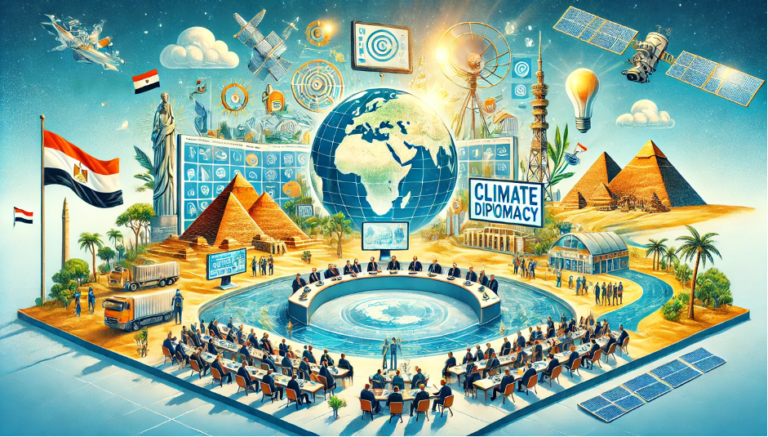


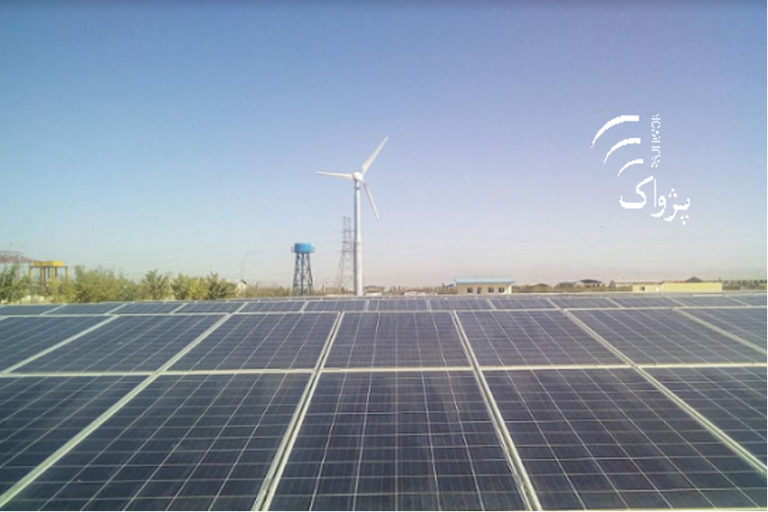
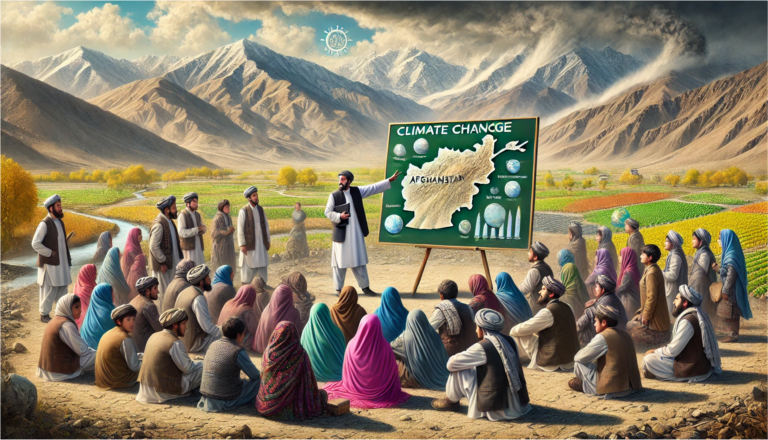
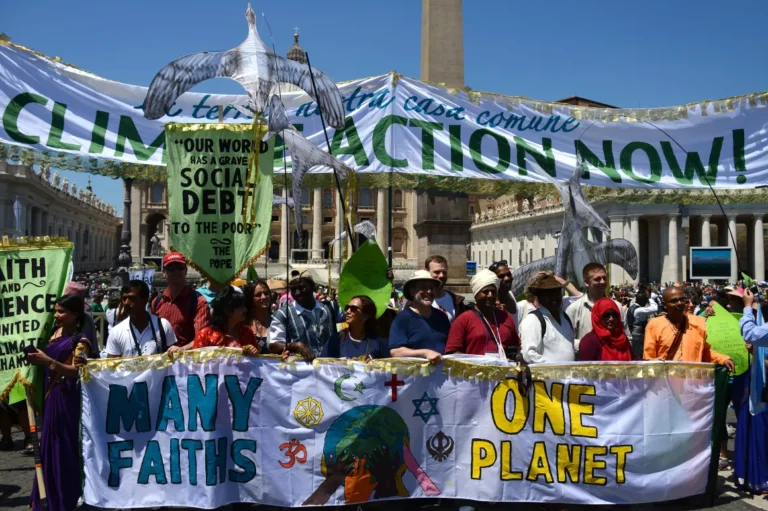
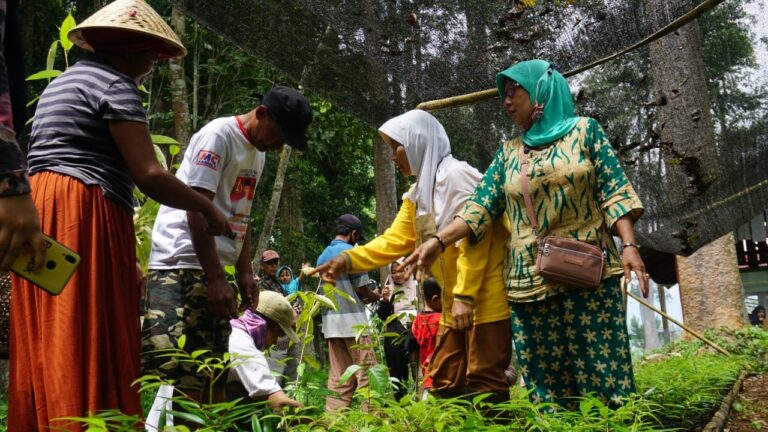
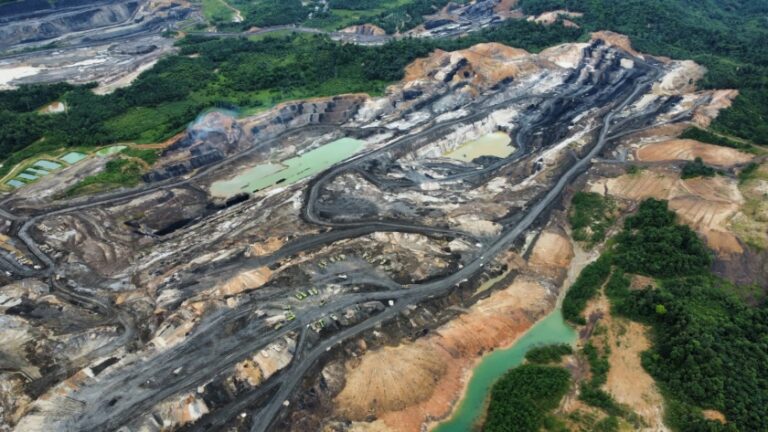
+ There are no comments
Add yours